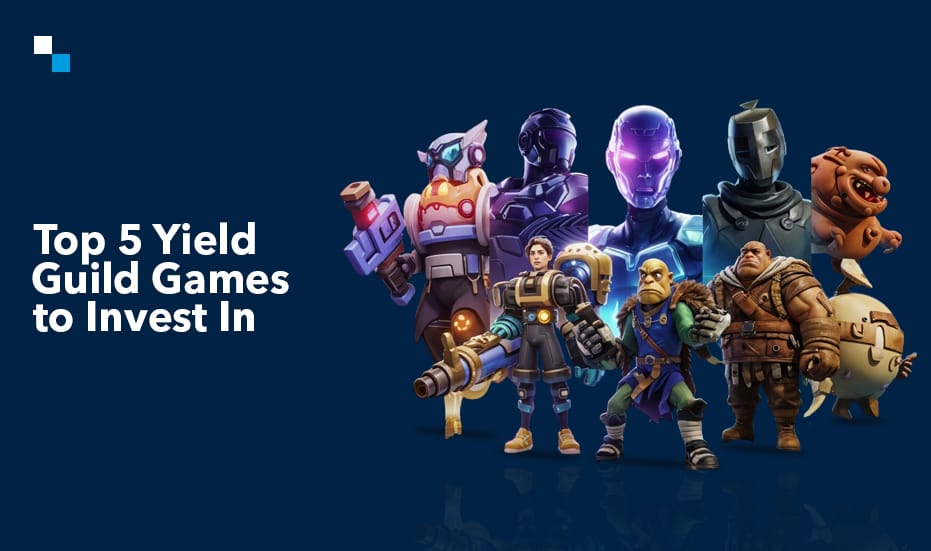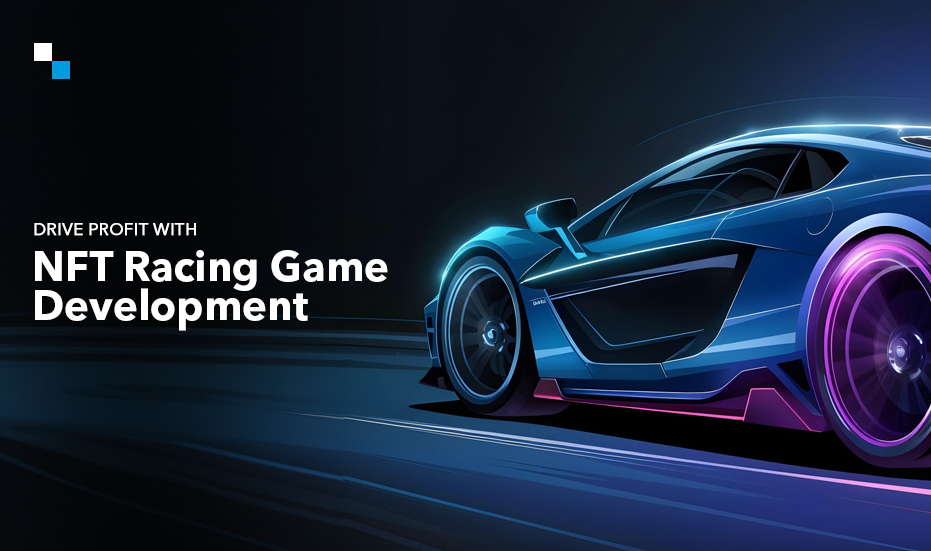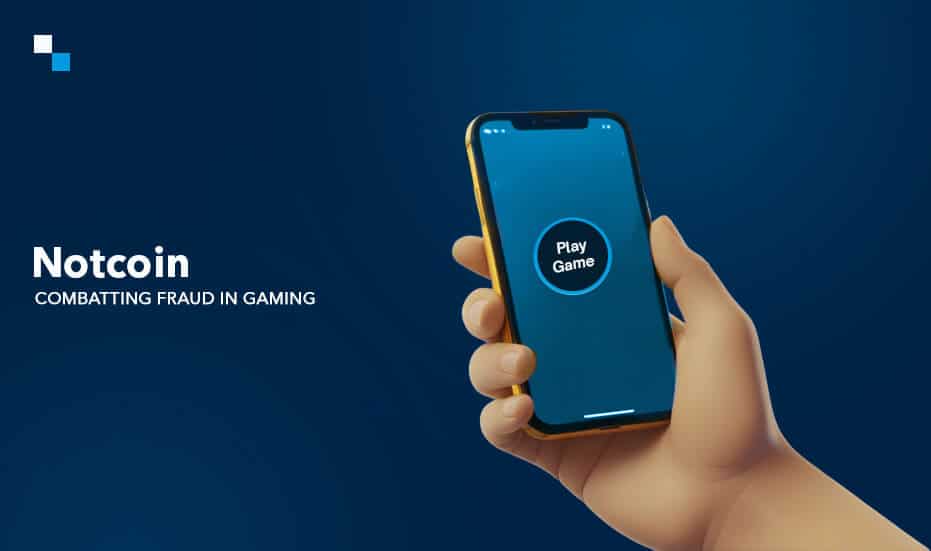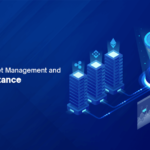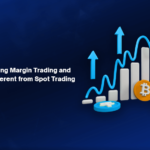If you think that NFTs were just a fad, think again. In a short span, they have proven their worth as profitable, immutable, and tradable assets over a blockchain. From artists to scientists, users from diverse professional backgrounds want to build fortunes. OpenSea, in fact, recorded $3.4 billion trading volume in August 2021 which was almost 800% more as compared to previous months.
When we started with NFT development services, the lack of marketplaces for NFTs always itched us. Customers approached us with innovative ideas to create NFTs but didn’t exactly know when and how to do so. No matter there’s a long list of popular NFT marketplaces such as OpenSea, Rarible, Binance NFT, etc.; they are few in number in comparison to the explosive rise in demand.
This is where we realized that minting NFTs is not enough. Users also need a dedicated marketplace to browse, market, sell, purchase, and trade NFTs. In no time, we aced NFT marketplace development and launched multiple platforms for exclusive requirements.
In the following guide, we provide a quick bird’s eye about the entire process of developing a marketplace from scratch. We also walk you through the potential revenue model, essential features, and the tech process to launch your own NFT marketplace.
Opportunity for the Businesses
According to Statista, the revenue of the global NFT market witnessed almost tenfold increase between 2018 to 2020 and shall further grow in the coming years. The global market revenue increased from 40.96 million U.S. dollars in 2018 to 338.04 million U.S. dollars in 2020.
Since NFTs exist on blockchains and use the technology, they become an easy entry point for crypto newbies. When someone buys a piece of crypto art, they are likely to try out other decentralized finance instruments:
- crypto trading
- investments/staking/farming
- loans and borrowing
Generates Business Revenue
DappRadar, that tracks sales across multiple blockchains, recently revealed that the sales volume of NFT surged to 2.5 billion dollars in the first half of 2021, up from just $13.7 million in the first half of 2020.
Enterprises can generate business revenue by investing in NFT marketplaces. Though there are several monetization models that help NFT marketplaces earn money, below-listed are some crucial ones:
- Listing Fee: NFT marketplaces charge listing fees to artists for listing their NFTs on the platform.
- Gas Fee: The gas fees is like a transaction fee that NFT marketplaces charge for transactions taking place on the platform.
Businesses can easily earn money in the form of listing fees and gas fees from NFT marketplaces.
Build a Custom NFT Marketplace
Schedule Free DemoHow Do NFT Marketplaces Work?
A Quick Review of the User Journey
Before delving deeper into the process of NFT marketplace development, it’s crucial to understand how an NFT marketplace works. Let’s understand it from the perspective of a new user who has just visited the marketplace.

What Type of NFTs can List on a Marketplace?
It’s like asking what type of products can feature on an ecommerce site. NFT Marketplaces can either feature a specific type of NFTs (for example marketplace for arts NFTs, Real-Estate etc.) or launch a portal that lists all types comprehensively. You have to take that call based on your revenue model and enterprise vision.
For more clarity, let’s categorize them into –
Universal Marketplaces – That list all types of NFTs.
Niche Marketplaces – That list a specific type of NFT.
You are reading about more marketplaces featuring arts and gaming NFT because the collective NFT sales reported USD 10M in 2020 alone.
Here’s a quick list of popular NFTs to start your marketplace
Art
Digital artists find it difficult to maintain the copyright of their artwork. This issue could be resolved by using NFTs. Artists can create NFTs for their artwork and list them on NFT marketplaces without worrying about copyright thefts.
Gaming
Blockchain-powered gaming platforms allow gamers to securely transfer in-game assets to their friends. Gamers can gain digital ownership of rare and unique in-game assets using NFTs.
Media & Entertainment
The media & entertainment industry has been battling against online counterfeiting for a long time. The advent of NFTs has reduced this problem to a huge extent. Public figures and celebrities can tokenize their content and made it available on NFT marketplaces to prevent online piracy.
Music
Just like the entertainment sector, the music industry also faces piracy issues. Musicians can convert their unique creations into NFTs and list them on NFT marketplaces to attract music lovers.
Real Estate
Real estate agents can tokenize virtual lands and list them in the open marketplace so that the interested audience can bid on the property. With NFTs, there will be no possibility of having conflicts over ownership of lands or other assets.
There are many more.
Create Your Own NFT Marketplace for All Types of Assets.
[widget id=”custom_html-3″]
How to Develop an NFT Marketplace?
Building an NFT marketplace from scratch is a challenging task that involves putting together a plethora of components. Our NFT marketplace development process spans through the following key steps.
Step #1
Conduct Thorough Market Research
The first step when developing an NFT marketplace is to conduct in-depth research about your target audience, primary competitors, and some latest trends in the crypto industry. For getting a solid grasp of the present-world market situation, you must find answers for the below-listed questions:
- Who are your target customers?
- What would be the key niche of your NFT Marketplace?
- Which features you must include in your NFT marketplace to provide your users with the best possible experience?
- Which Blockchain platform would work for asset tokenization?
- Who are your competitors and the types of marketplace services they are offering to their audience?
- What are the hot trends in the crypto industry?
Step #2
Create the 8 Features Checklist
After conducting thorough market research, you must begin with selecting major features for your marketplace. Below-listed are some noteworthy features you must include in your NFT marketplace to get an edge over your competitors:

Sign-up
The registration process should be simple and hassle-free. Users will use “sign-up” option to create their account on the marketplace. Giving instant access to users via multiple social media profiles could be a great way to reap more visitors.
Storefront
The storefront of the marketplace is an intuitive dashboard that improves customer engagement. From price history to the number of bids, it must display every possible information that piques users’ interest.
Advanced Search
This feature will help users search for their favorite items and make the trading process easier & more effective. Including search filters will help users find their preferred items with specific keywords without navigating through the entire webpage.
Listings
Including this feature in your marketplace will help artists create and submit collectibles easily. Artists will be able to upload files and fill in the product information such as token name, tags, description, and many more.
Buy and Bid
This feature enables the users to buy and bid for NFTs on the platform. The feature will also display the bid’s expiration date along with its current status.
Wallet Integration
Integrate a wallet for users to send, receive, and store non-fungible tokens. You can also provide your users with an option to integrate their preferred wallets.
Ratings
A rating system will help newbies find the most popular and trending NFTs quickly. The marketplace will also rate sellers on the basis of several factors such as previous NFT deals and the number of listings.
Trading history
An NFT marketplace should have a feature that helps users track their entire transaction history. The feature must also provide information such as the total number of NFTs sold, the previous price of NFTs, and many more.
Step #3
Work on the Development Process
After deciding on key features for your NFT marketplace, the next step is to consider the project’s technical implementation. The development process of an NFT marketplace is all about writing the code using the right technology stack.
Technology Stack for Creating an NFT Marketplace
You must choose an appropriate blockchain platform, a storage platform, front-end technologies, and NFT standards for developing your NFT marketplace.
Blockchain Platforms
Finalize the blockchain platform to develop the marketplace. Some popular Blockchain platform includes Ethereum, Solana, Cardano, and Polygon.
We Build NFT Marketplaces on All Blockchain Platforms
Schedule Free DemoStorage Platforms
These are platforms where NFTs will be stored after minting. IPFS, Filecoin, and Pinata are some storage platforms available in the market.
Front-End Technologies
You can create the front-end of your NFT marketplace using technologies such as ReactJS, AngularJS, or Vue.
NFT Standards
Below listed are some most commonly used NFT standards:
- ERC-721
- ERC-1155
- FA2
- TRC-721
Step #4
Start with the UI Development
In today’s era, where decisions are taken within the blink of an eye, designing an appealing user interface could be the most effective way to keep your users hooked onto your NFT marketplace. The following are some crucial steps in the design phase of your marketplace:
Develop a Wireframe
Wireframes are the conceptual layouts that are used to define the visual structure of a website or an app.
Select Style Guides
Style guides will give you a clear idea of how all UI elements of your NFT marketplace will be visually represented.
Design Mock-ups
Mock-ups contain both visual and structural elements. These are designed by applying style guides to the wireframe which will showcase the high-fidelity design of your marketplace.
Create a Prototype
Prototypes are used to understand how your NFT marketplace will function. These are like the demo versions of your marketplace.
Step #5
Test and Launch Your Marketplace
Once you’re done with the marketplace development and designing, it is pivotal to perform several tests to check for bugs or any functional defects. The marketplace will go through a series of testing phases where several issues will be addressed to ensure that it’s functioning properly. With all testing done, the marketplace will be launched on the market for global users.
Prepare the Marketing Strategy
The goal of preparing a marketing strategy would be to acquire loyal customers that will not only repeat engagements but also become advocates for the platform. You can promote your marketplace on social media platforms such as Facebook, Twitter, LinkedIn, and Instagram. SEO-friendly content can be published using blogs to increase the ranking of the website on search engines. Other social media marketing and advertising tools consist of paid campaigns like PPC, advertisements, subscriptions, and more.
List of Top NFT Marketplaces
While some non-fungible marketplaces allow avoiding minting fees, others accept only specific cryptocurrencies and run on different blockchains. They are all different, having their pros and cons. The main categories of NFT marketplace platforms include universal non-fungible token websites and niche peer-to-peer marketplaces.
Largest NFT marketplaces based on all-time sales volume as of November 11, 2021
Source: Statista

OpenSea is one of the best NFT marketplaces with 600k registered users across the globe. The platform allows consumers to trade their assets, creators to launch new digital items, and developers to build feature-rich marketplaces. From Coinbase to Blockstack, OpenSea is backed by countless industry leaders and top firms in the Blockchain space.
SuperRare
SuperRare is a best-in-class NFT marketplace that enables users to collect and trade unique, single-edition digital artworks. Since its launch, SuperRare has generated over $90 million in sales for worldwide artists. Each artwork on SuperRare is authentically developed by an artist in the network and tokenized as a crypto-collectible digital item that users can own and trade.
Rarible
Rarible is an Ethereum-based NFT marketplace that facilitates the development, sale, and purchase of digital works of art to ownership rights via NFTs. Unlike OpenSea, consumers have to use “RARI” token to proceed with the buying and selling of assets on Rarible. The RARI token was launched in 2021 specifically to give control of the platform to its community of users.
Mintable
Being a top NFT marketplace, Mintable makes the most of Ethereum Blockchain technology to enable users manage, create, and sell digital assets with benefits of traceability, immutability, security, and provable ownership. Mintable doesn’t charge any gas fee to participants for linking tokens to the network which makes it a unique NFT marketplace.
How Much Does it Cost to Develop an NFT Marketplace?
Determining the final cost before starting with the NFT marketplace development is a difficult task. The overall cost of an NFT marketplace depends on numerous factors. However, below-listed are some crucial ones that influence the marketplace development prices the most:
Size of the Marketplace
The intricacy of your marketplace is one of the major factors that play a crucial role in determining the estimated cost. The size of your marketplace depends heavily on the number of features you incorporate into your marketplace. The bigger the size of your marketplace the higher the price will be.
Size of the Development Team
Whether you hire a Blockchain development agency or in-house developers, the cost will also depend on the size of the development team. The price may also vary based on the incorporation of specialist or niche developers.
The UI of the Marketplace
Another significant factor that determines the marketplace development cost is the user interface design. Your marketplace won’t garner enough eyeballs without an elegant user interface. So the cost will also depend on eye-catchy graphics and theme.
Location of the Development Team
The overall cost charged by a Blockchain development agency or a freelancer fluctuates from region to region. The availability of resources in a county, expertise, and experience of the company varies significantly.
Find out the Cost to Build an NFT Marketplace
Schedule Free DemoAntier Solutions: Fast Track NFT Marketplace Development Services
Skilled Team of Blockchain Experts
Antier Solutions boasts a skilled team of Blockchain experts that works dedicatedly to provide its clients with the best-in-class NFT marketplace development services. From Ethereum to Tezos, the team has sheer expertise in working on multiple Blockchain platforms.
Confidentiality Agreement
Being a trustworthy NFT marketplace development company, Antier Solutions strives to build long-term relationships with its clients. The company signs a confidentiality agreement with its clients to prevent the release of any information and ideas related to the project.
Agile Development Process
The company implements an agile development approach to provide on-time delivery of projects. Agility permeates our delivery processes, team composition, and an individual’s skills resulting in cost-effective operations and enhanced customer orientation.
Post-Launch Customer Support
After the official release of the NFT marketplace, there may arise a situation where you have to fix some bugs and errors. To provide its clients with the best experience, Antier solutions also provides post-launch services.
Going Forward
Given the recent popularity of NFT Marketplaces, investing in your own NFT App or Marketplace can be a complex but rewarding experience. A marketplace for non-fungible tokens supports some outstanding features that can help you deploy a successfully thriving marketplace for your users.
Get in touch with us today to learn more about NFT Marketplace development.

